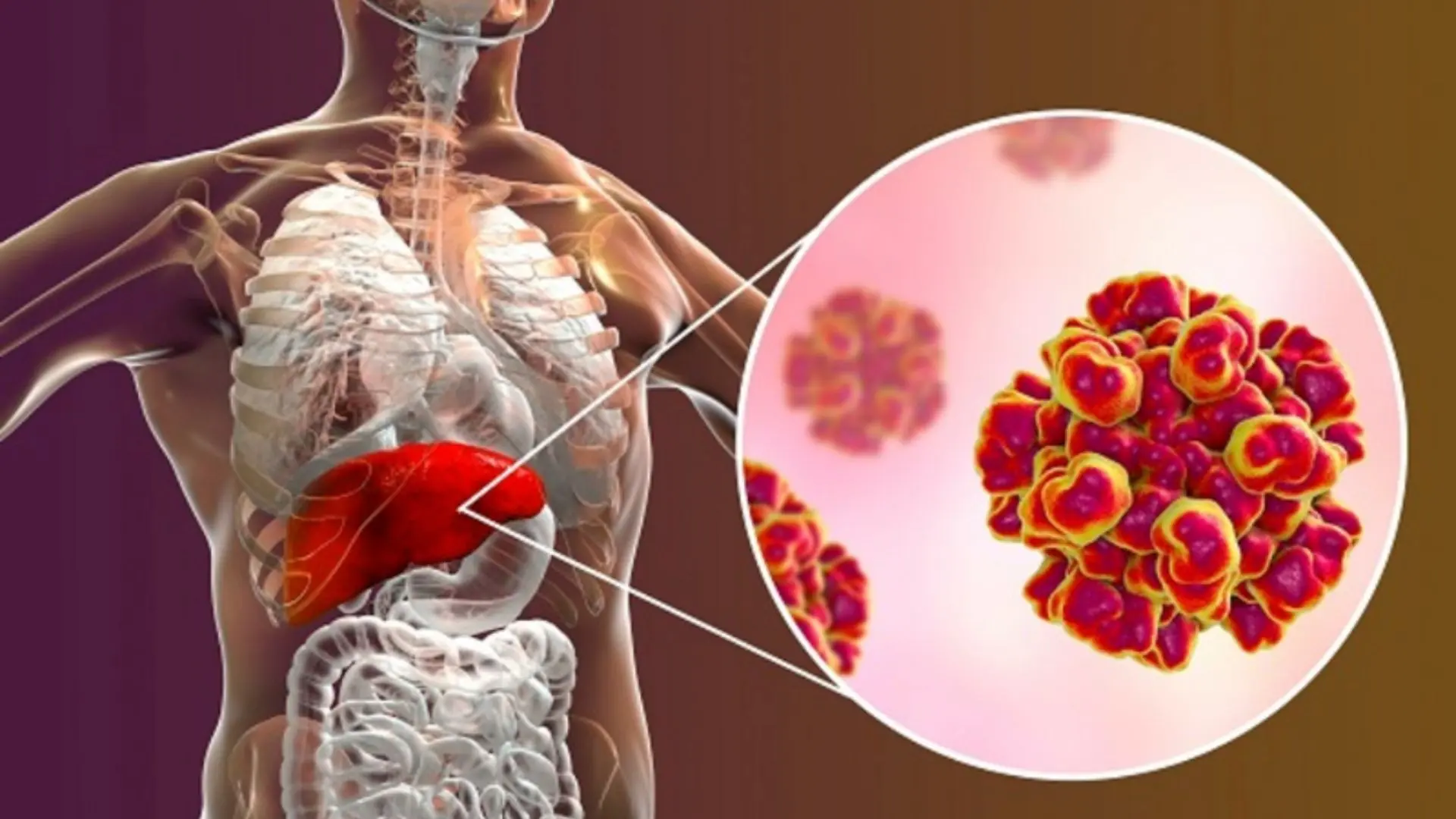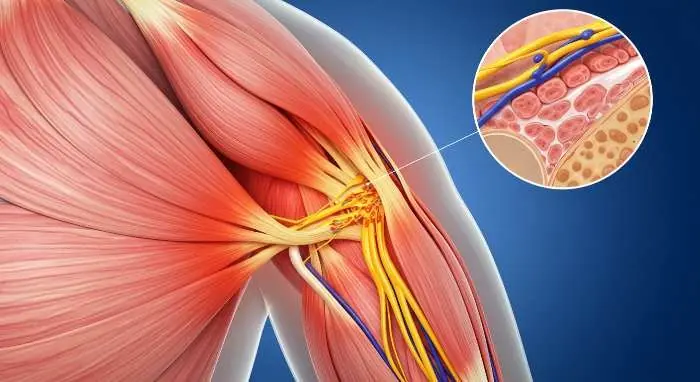
If You Eat Eggs Every Day

Eggs have been an essential part of human diets for centuries. Not only are they delicious and versatile, but they are also packed with nutrients that make them one of the most affordable and complete superfoods available. From providing high-quality protein to a wealth of vitamins and minerals, eggs can significantly contribute to a healthy lifestyle. However, like everything, moderation is crucial. In this article, we’ll explore the numerous benefits of eating eggs every day, as well as the potential risks that should be considered.
Health Benefits of Eating Eggs
1. Complete Source of Protein
Eggs are a rich source of high-quality protein, containing all nine essential amino acids. These amino acids are necessary for various bodily functions, including muscle repair, immune support, and maintaining healthy tissues. The protein in eggs is considered one of the most bioavailable, meaning your body can easily absorb and use it.
2. Rich in Vitamins & Minerals
Eggs are an excellent source of a wide range of vitamins and minerals, making them a truly nutrient-dense food. These include:
-
Vitamin A: Essential for maintaining eye health and immune function.
-
Vitamin D: Important for bone health, immune function, and reducing the risk of chronic diseases.
-
Vitamin E: A potent antioxidant that helps protect cells from oxidative damage.
-
Vitamin B12 & Folate: Both crucial for red blood cell production and nerve function.
-
Iron & Zinc: These minerals play a key role in energy metabolism, immune function, and overall cellular health.
3. Beneficial for Eye Health
Eggs are a great source of lutein and zeaxanthin, two antioxidants that are critical for protecting the eyes from age-related macular degeneration and cataracts. These nutrients help filter harmful blue light and reduce the risk of damage to the retina, ensuring long-term eye health.
4. Supports Cognitive Function
Eggs are one of the richest natural sources of choline, a nutrient that plays a vital role in brain health. Choline is essential for memory, learning, and cognitive function, making eggs a great addition to the diet for those looking to maintain mental sharpness throughout their life.
5. Aiding in Weight Management
The high protein content of eggs helps promote a feeling of fullness and satiety, which can reduce hunger cravings and lower overall calorie intake throughout the day. Starting your day with eggs may help you feel more satisfied, making it easier to control your weight and avoid unnecessary snacking.
Potential Risks of Overconsumption
While eggs are nutritious and generally safe for most people, overconsumption or improper preparation can lead to certain health issues. Here are some potential risks to consider:
1. Cholesterol Concerns
One of the most commonly discussed concerns about eggs is their cholesterol content. While newer research suggests that dietary cholesterol doesn’t always translate into high blood cholesterol levels, it’s still important for individuals with a family history of heart disease or high LDL cholesterol to be cautious. If you have any concerns, it’s best to consult with a healthcare professional before making eggs a daily habit.
2. Liver Strain
People with liver conditions may have difficulty processing eggs, particularly when consumed in large quantities or when fried. Eggs are high in protein and fats, which may put extra strain on the liver, making it harder for those with liver issues to metabolize them properly. For individuals with liver problems, it’s recommended to consult a doctor for personalized dietary advice.
3. Allergy Risk
Egg allergies, although more common in children, can be a serious concern for some individuals. Symptoms can range from mild skin rashes and digestive discomfort to more severe respiratory reactions. If you or your child has an egg allergy, it’s essential to avoid eggs altogether and consider alternatives that provide similar nutritional benefits.
4. Salmonella Risk
Raw or undercooked eggs can carry the risk of Salmonella bacteria, which can cause food poisoning. Symptoms may include nausea, vomiting, stomach cramps, and fever. To reduce the risk of infection, always ensure that eggs are cooked thoroughly. If you plan on consuming raw eggs, it’s safer to opt for pasteurized eggs, which have been treated to kill any harmful bacteria.
The Bottom Line: Moderation is Key
For most healthy individuals, eating one egg a day is a safe and beneficial dietary choice. Eggs provide a variety of essential nutrients that can support muscle recovery, brain function, and overall health when incorporated into a balanced diet. However, it’s important to consider moderation and tailor egg consumption to your individual health needs.
-
For muscle recovery: Eggs are an excellent source of protein, aiding in the repair and rebuilding of muscle tissue after exercise.
-
For brain and eye health: Nutrients like choline, lutein, and zeaxanthin promote cognitive function and protect against age-related eye problems.
-
For weight control: Eggs can help curb hunger and reduce overall calorie intake, making them a great option for those looking to manage their weight.
Tips for Enjoying Eggs Safely and Effectively
-
Cook thoroughly: Always cook eggs properly to avoid the risk of Salmonella.
-
Moderate intake if you have cholesterol or liver issues: If you have any health conditions, consult with your healthcare provider before increasing egg consumption.
-
Balance with fruits, vegetables, and whole grains: Eggs are most beneficial when included as part of a well-rounded, nutrient-rich diet.
Ultimately, eggs are a nutritious and versatile food that can be enjoyed in various ways. Whether scrambled, boiled, poached, or fried, they provide a wealth of health benefits that can enhance your diet. Just remember to be mindful of portion sizes and preparation methods to maximize their positive impact on your health.
News in the same category


If Your Body Suddenly Jerks While Falling Asleep, This Is What It Means

Vegetables To Clean Your Arteries And Prevent Heart Attack

Pain in This Part of the Body Could Indicate Cancer Cells are 'Awakening' – Both Men and Women Shouldn't Ignore It

10 Unconventional Signs of Liver Damage You Must Know About

14 Early Warning Signs You're Dangerously Low on Magnesium

How To Get Rid Of Phlegm and Mucus In Chest and Throat

Burnout: Tips for Coping When You Can’t Just Quit

Beautifully Unbroken: Living Fully and Imperfectly With Bipolar

How to Get Rid of Muscle Soreness: Home Remedies That Really Work

15 Common Cancer Symptoms You Shouldn’t Ignore

New Blood Test Shows Over 90% Accuracy for Lyme Disease

Is AI Use Causing Endoscopists to Lose Their Skills?

Florida Man Struck by Lightning Wakes Up With Heart Beating 265 Times a Minute

1 cup before bed: end restless nights and repair your nerves

Top 10 Nutrients in Foods that Clean Your Arteries Fast

Scientists Uncover A Natural Way to Restore Vision

Remedy For Falling Asleep Quickly

Sleeping Enough But Still Tired
News Post

Arkansas woman accidentally discovers $27,000 dollars after kicking 'spiderweb' in park

Exactly how virus carried by 'Frankenstein' rabbits growing black 'tentacles' spreads following urgent warning from experts

The Elders' Teachings Are Not Wrong: "The Kitchen Should Not Face Three Directions, and the Bed Should Not Be Placed in Three Locations"

5 Types of Plants That Snakes Love: If You Plant Them in Front of Your House, Remove Them Immediately Before It’s Too Late

If Your Non-Stick Pan Has Lost Its Coating, Don’t Rush to Throw It Away. Follow This Trick to Turn Your Old Pan Into a Like-New One.

Cooking Oil Often Splashes When Frying? Add This Ingredient to the Pan, and You Won't Have to Worry About Oil Splattering or Sticking to the Pan

Is It Correct to Close the Door When Using the Air Conditioner? Here Are 5 Mistakes That Can Cause Your Electricity Meter to Increase 2-3 Times

Boiling Eggs with Just Water is Not Enough: Add This Ingredient, and the Eggs Will Cook Evenly, Have a Rich Flavor, and the Shells Will Peel Off Easily

Do Not Ignore These 10 Warning Signs That Your Kidneys May Be In Danger

Buying Meat and Just Placing It Directly in the Freezer for Storage is a Mistake: The Shop Owner Shares a Trick to Keep Meat 'Fresh for a Whole Year' Without Spoiling

Sprinkle a Little of This Powder into the Oil Before Frying, Everyone Will Be Amazed by Its Incredible Effectiveness

If Your Body Suddenly Jerks While Falling Asleep, This Is What It Means

What Is This Button In The Car For

How Long Cooked Food Can Stay In The Refrigerator

Vegetables To Clean Your Arteries And Prevent Heart Attack

Pain in This Part of the Body Could Indicate Cancer Cells are 'Awakening' – Both Men and Women Shouldn't Ignore It

10 Unconventional Signs of Liver Damage You Must Know About

14 Early Warning Signs You're Dangerously Low on Magnesium
